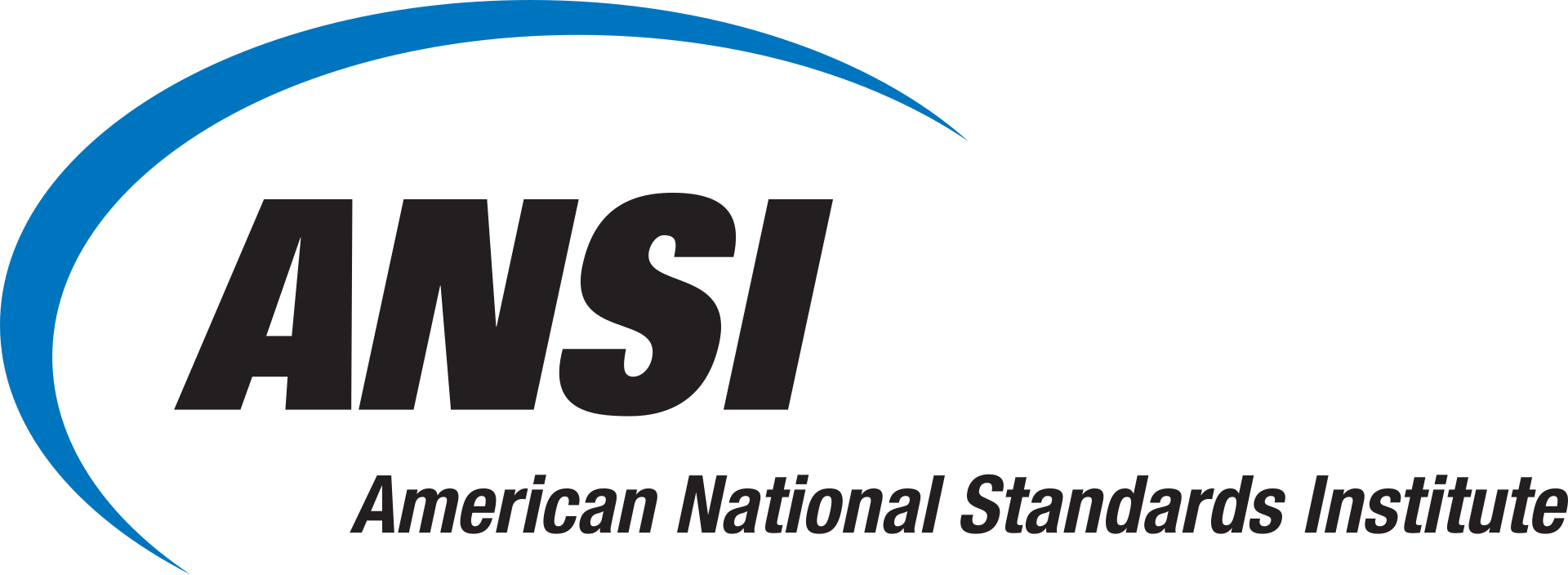Why Should Organizations Adhere to AI Standards?

As artificial intelligence (AI) becomes a part of modern business, it is critical for organizations to establish a strategic AI framework that addresses current challenges and positions businesses for future growth. Standards for AI provide a framework to guide the responsible and ethical use of AI technologies. By adhering to standards such as ISO/IEC 42001, ISO/IEC 23053, and ISO/IEC 23894, organizations can work to assure that their AI systems are fair, transparent, and uphold ethical principles. Simply put, standards establish benchmarks for the responsible use of AI.
Growth of Artificial Intelligence (AI) in Business
83% of companies claim that artificial intelligence is a top priority in their business plans; 77% of companies are using or exploring the use of AI in their businesses. AI is rapidly growing in businesses as it enables automation, enhances decision-making through data analysis, and improves customer experiences. Besides leading to both increased efficiency and competitiveness, AI is also reshaping how industries operate. As such, having a clear AI management framework (i.e., a structured approach that organizations the ongoing operation of AI systems) is helpful for staying ahead while also adhering to regulations.
Standards for Organizations Using AI
Subcommittee 42 (SC 42) of the Joint Technical Committee ISO/IEC JTC 1 of the International Organization for Standardization (ISO) and the International Electrotechnical Commission (IEC), has developed standards for artificial intelligence, including ISO/IEC 42001, which provides a framework for managing AI systems; ISO/IEC 23894, which focuses on AI risk management; and ISO/IEC 23053, which describes the systems components and their functions in the AI ecosystem. These standards cover areas such as privacy, bias, transparency, and accountability.
What Is ISO/IEC 42001?
ISO/IEC 42001 is the world’s first AI management system standard, detailing guidance for this evolving field of technology. An AI management system helps manage everything form assessing risks to putting AI into action in a responsible and effective manner. The standard provides guidance for organizations to address AI challenges, including ethics, transparency, and continuous learning. The methodical approach established in ISO/IEC 42001 helps businesses balance innovation and governance while managing risks and opportunities.
What Is ISO/IEC 23894?
ISO/IEC 23894 offers a framework and best practices tailored to the unique characteristics and risks associated with AI systems, addressing the entire AI lifecycle. The standard assists organizations to develop, deploy, and use AI responsibly and effectively. ISO/IEC 23894 helps organizations identify, assess, and mitigate risks associated with AI, including algorithmic bias, model opacity, privacy breaches, and autonomous system failures.
What Is ISO/IEC 23053?
ISO/IEC 23053 establishes a framework for describing generic Artificial Intelligence systems that utilize Machine Learning (ML) technology, promoting interoperability and common understanding in the AI ecosystem. This standard promotes ethical and responsible AI development and facilitates clear communication among stakeholders involved in the development, deployment, and use of AI systems.
Benefits of Adhering to Standards for AI
With the growth of AI, and subsequent unknown of how this field will evolve, standards provide stability and quality control. The implementation and compliance of standards offer various benefits when an organization utilizes AI, including the following:
- Bridging Gaps in Regulation by providing a common basis for understanding and compliance
- Enhancing Transparency in AI system design and operation by making decision-making processes more understandable and fostering accountability, ultimately building trust and confidence in AI-driven system
- Improving Security by helping organizations develop and deploy secure AI systems, protecting against cyberattacks and data breaches
- Support User Confidence in AI technologies bydemonstrating a commitment to fairness, transparency, and accountability
- Protect User Privacy by building trust and establishing a framework to avoid legal issues
- Accelerate the Pace of Innovation by providing a common foundation for AI development that allow developers to build on existing technologies
By providing clear and repeatable guidance, standards help organizations increase their efficiency as well as support organizational compliance with the essential requirements of AI regulations.






